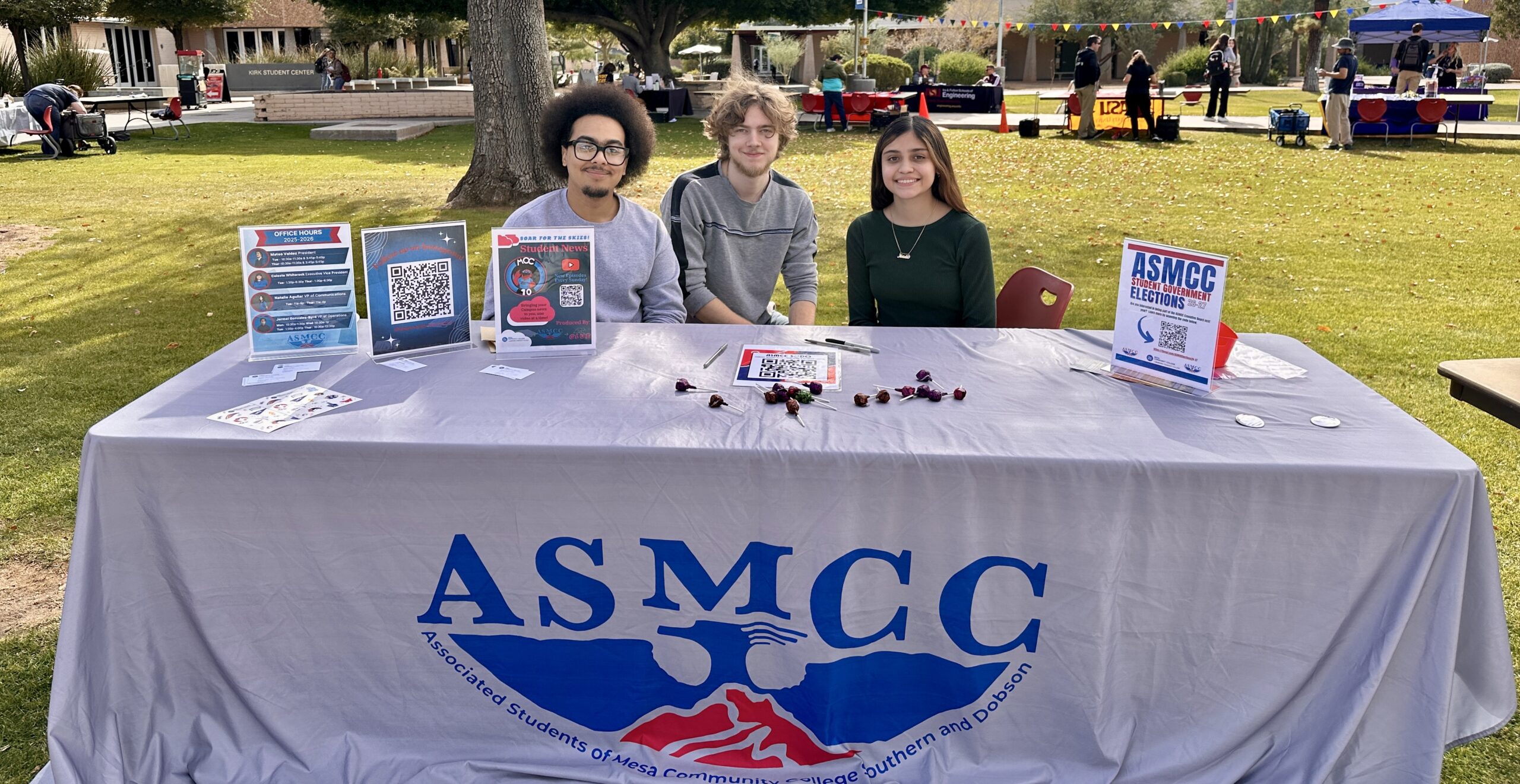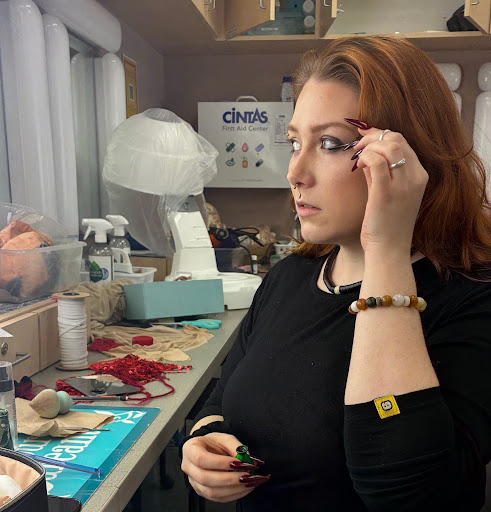Teaching consent is crucial for sex education
 Sexual education is taught to adolescents in grades 6-12 then usually retaught during High School. Students are taught information about HIV/AIDS, sexual diseases, puberty, and of course abstinence which is very pushed in the agenda. Arguments and debates have started ever since the beginning of Sexual Education. Even if the teachings are most memorably showings of cheesy ‘80s videos about puberty and saving it for marriage. Religion is not supposed to have a part in America’s educational system, but in certain areas of the US, it is very much felt therefore determining what is appropriate content for teachers to be able to discuss.
Sexual education is taught to adolescents in grades 6-12 then usually retaught during High School. Students are taught information about HIV/AIDS, sexual diseases, puberty, and of course abstinence which is very pushed in the agenda. Arguments and debates have started ever since the beginning of Sexual Education. Even if the teachings are most memorably showings of cheesy ‘80s videos about puberty and saving it for marriage. Religion is not supposed to have a part in America’s educational system, but in certain areas of the US, it is very much felt therefore determining what is appropriate content for teachers to be able to discuss.
This creates a fluffy version of sexual facts. The students don’t get the opportunity to learn everything and ask questions about intercourse, they learn about PC discussions. Certain topics make teachers and parents feel uncomfortable. There are topics that are avoided even if the information is vital for students. Teenagers of which a large percentage are statistically already having sex, even if it’s hard to believe. This includes abortion, birth control, and rape. The focus on abstinence has become almost ironic in a time when sex is everywhere in entertainment. Yet, teachers still want to turn a blind eye on a specific important issue: Rape.
In a country where according to RAINN.org, 44 percent of victims are under the age of 18, it’s arguable that rape education should be in every Health Ed class. Put in a place of importance among the cheesy videos that no one likes to watch and the abstinence talk that no one follows. Facts should be presented as well as information on rape prevention and advice for girls if they’re attacked. Also, how to avoid a potential dangerous situation and how to act if the unthinkable happens. The topic doesn’t necessarily have to be discussed in graphic detail, though even if it was, it shouldn’t be a catastrophe.
These children are old enough to learn about the harsh realities of the world even if parents believe that they aren’t. Lack of information won’t prevent abuse from happening. Just as teaching about abstinence doesn’t stop anyone from having sexual intercourse. It’s important that boys be taught what classifies as rape, date rape, and reasons that it’s harmful to society. Since boys are statistically most often the predators, it’s important that they know the legal definition of rape. The line between sex and rape gets blurred frequently when it comes to date rape.
Boys address concerns about having sexual intercourse and the participant labeling it as date rape afterwards while the girls address concerns about being date raped, not being believed, and the consequential slut shaming. Clearly, there is an ongoing problem. Making the real issues about sex known and able to be talked about would be a step in the right direction to solving problems such as these.









